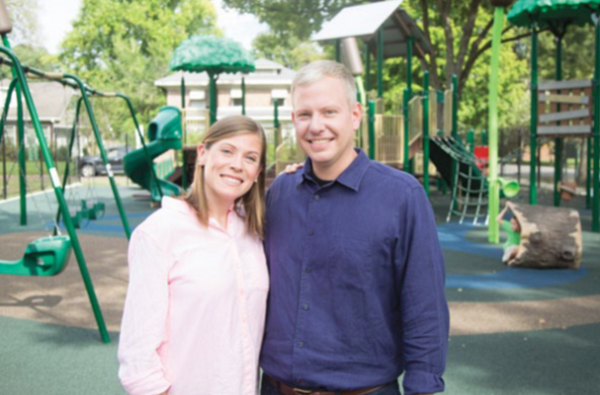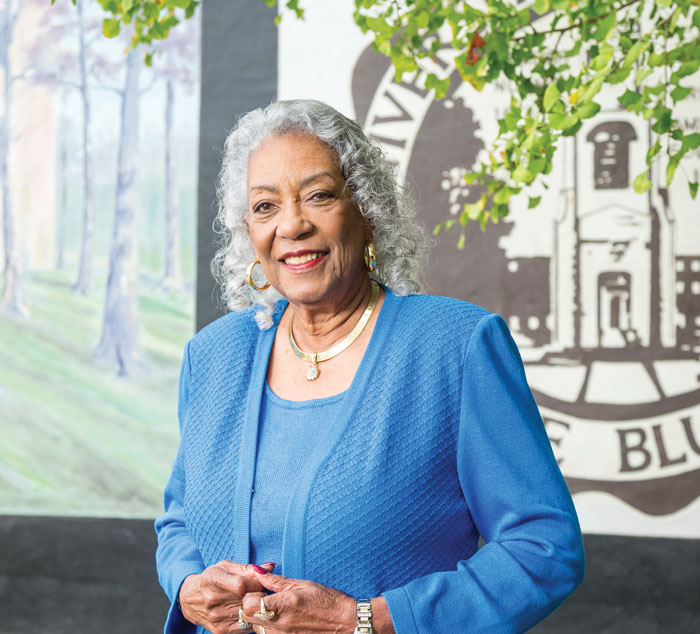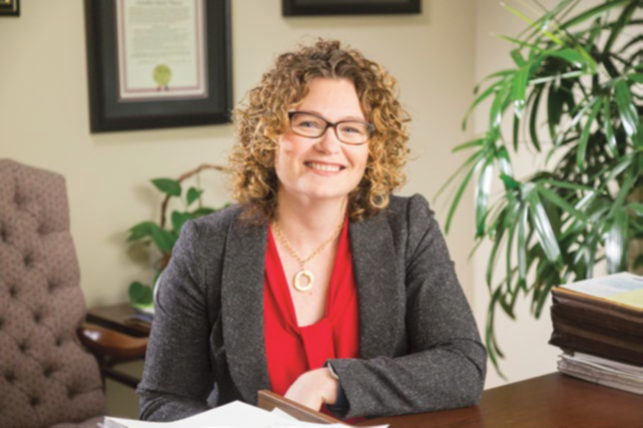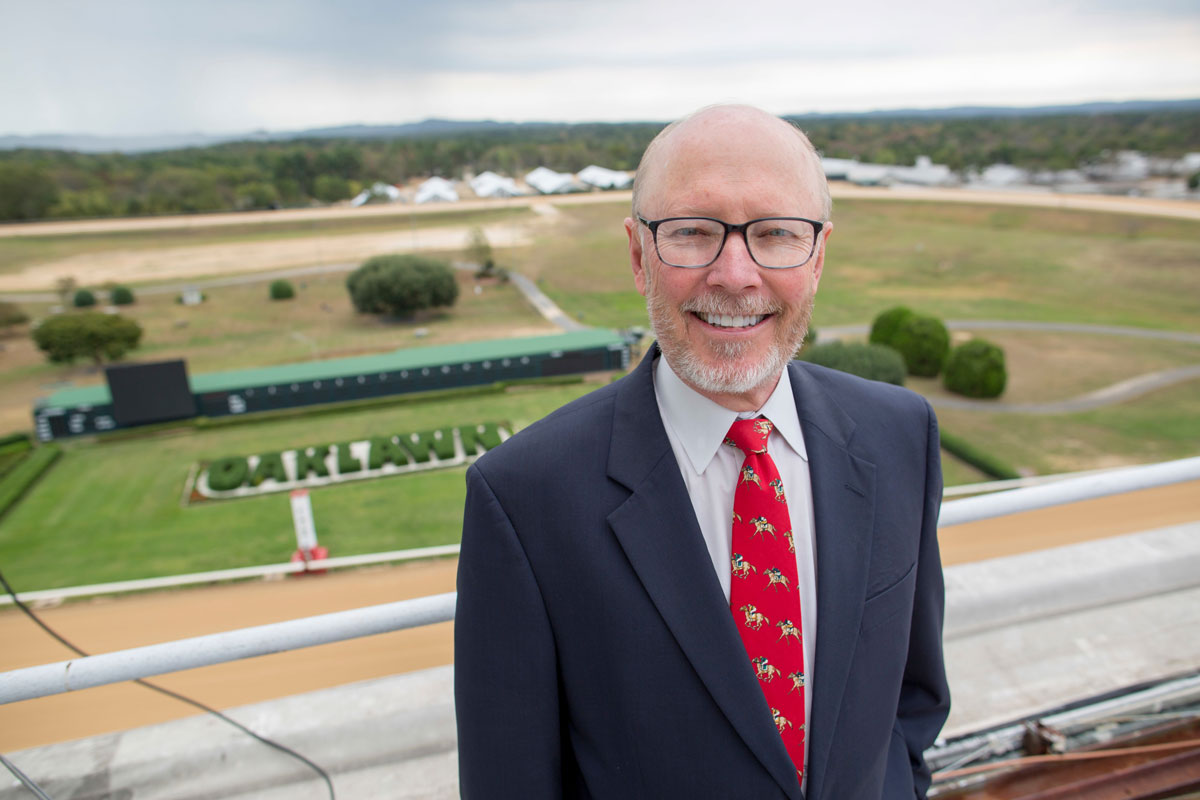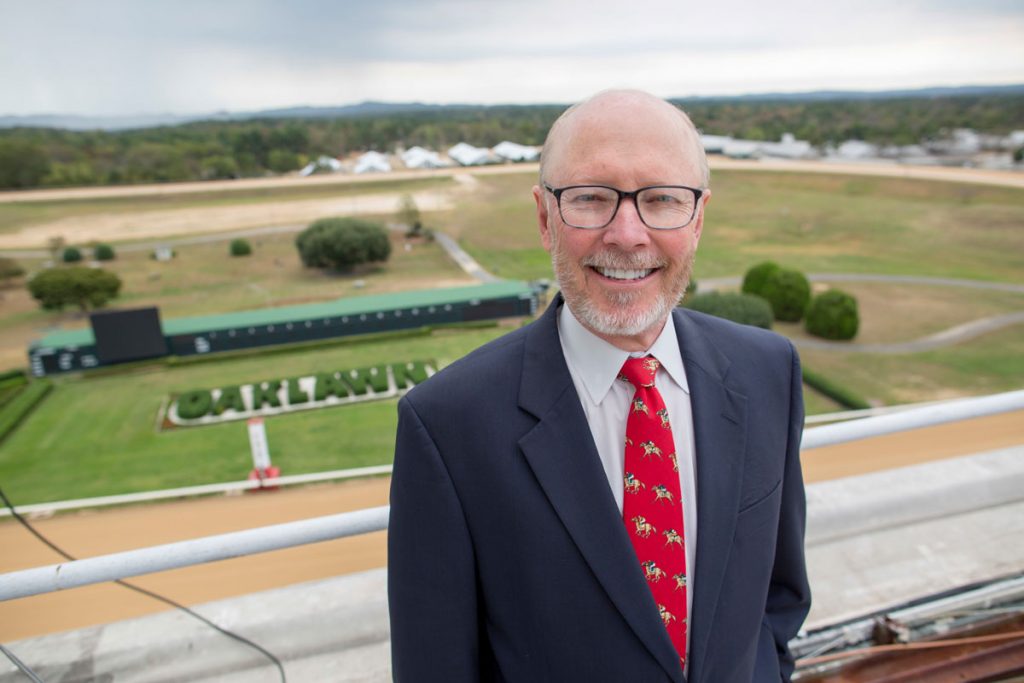Good news! Not all New Year’s Resolutions involve joining a gym! This year, we invite you to consider making a resolution to practice Smart Giving to Improve Communities. Here’s how:
Be Intentional
Your charitable giving is an expression of who you are so it’s important to make sure your philanthropy matches your values. Ask yourself:
- What issues facing our world am I most passionate about?
- Where am I already spending my time and energy?
- Who are the people and what are the experiences that helped shape me?
Once you’ve answered these questions, identify any common themes. Now you’ve got a starting place to guide your giving. For those who have already established a fund with the Community Foundation, remember that our Development Team is always here to help!
Be Informed
Read the newsletters, subscribe to emails and “like” the Facebook pages of the nonprofits you support. By doing so you’ll see how your investment is being used to change lives, and you’ll also learn about any ongoing or unmet needs. Ask for a personal tour or consider volunteering for the agency. Nothing could be more informative than an up-close and personal experience working alongside the program’s staff and clientele.
Arkansas Community Foundation can also provide you with tools and resources to help you stay informed:
- ENGAGE is a quarterly publication highlighting issues facing our state.
- The ASPIRE report provides a county-by-county look at the challenges facing our state and the programs hard at work to find solutions.
Be Strategic (and SMART!)
Set a goal for your giving, create a plan, and follow it. And remember we’re here to help! Whether you care about a particular issue – hunger, access to the arts, animal welfare – a specific community, or an issue WITHIN a particular community, there are several ways to help:
- Program Support – helps nonprofits fund the services they provide.
- Operating Support – provides agencies the resources they need (facilities, equipment, staff) to get the job done.
- Endowment – ensures the long-term sustainability of an organization.
- Unrestricted Support – empowers the organization to use the funds where they are needed the most.
Keep in mind that there are many ways to give to charity besides writing a check, and by doing so, there are often significant tax advantages. Gifting highly appreciated stock, a paid-up life insurance policy, or an IRA rollover are just a few options. Visit with your professional advisor to find out what is best for you. You and your professional advisor can take advantages of the smart giving resources available on our website.
Be Contagious
Many people choose to quietly support the nonprofits in their community. And while that humility is admirable, we encourage you to consider it like this: When you see a great movie, experience a fantastic restaurant, or fall in love with a book – you tell your friends. Shouldn’t you do the same when it comes to philanthropy? Your support might just inspire others to join in!
Arkansas Community Foundation is your partner in Smart Giving. Call us anytime, we’re here to help!



